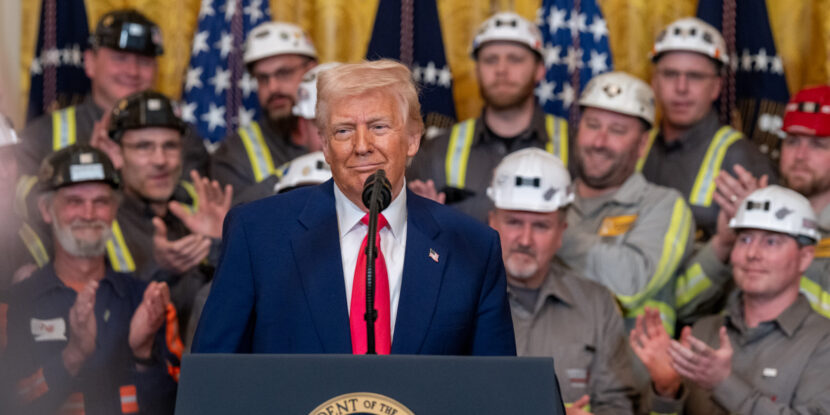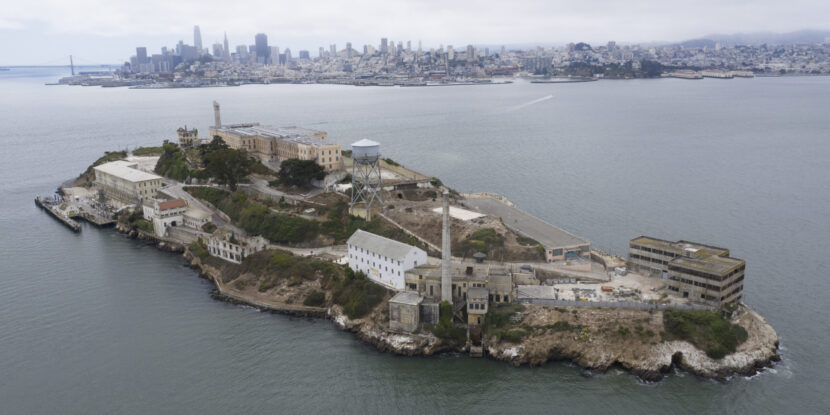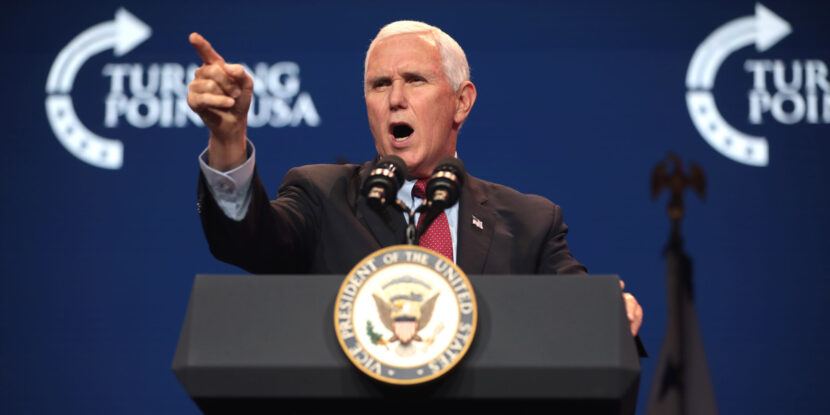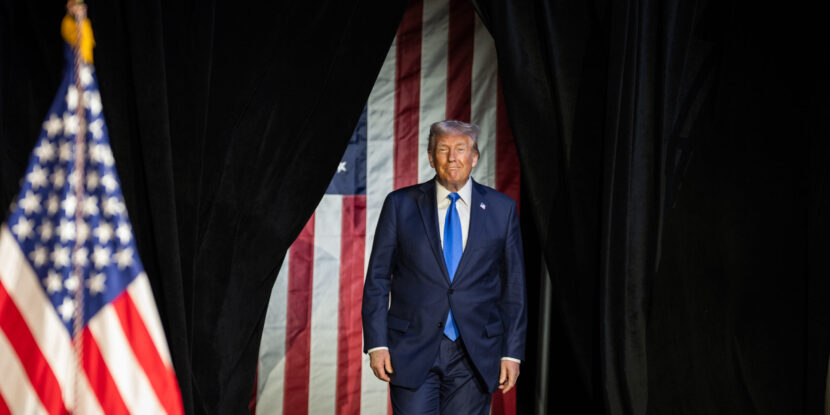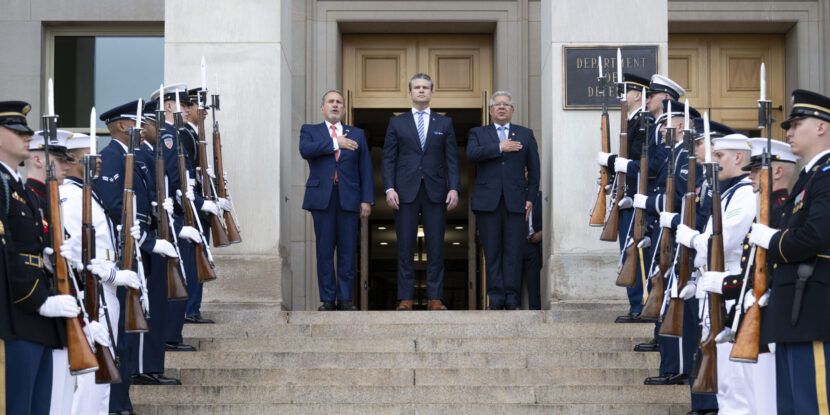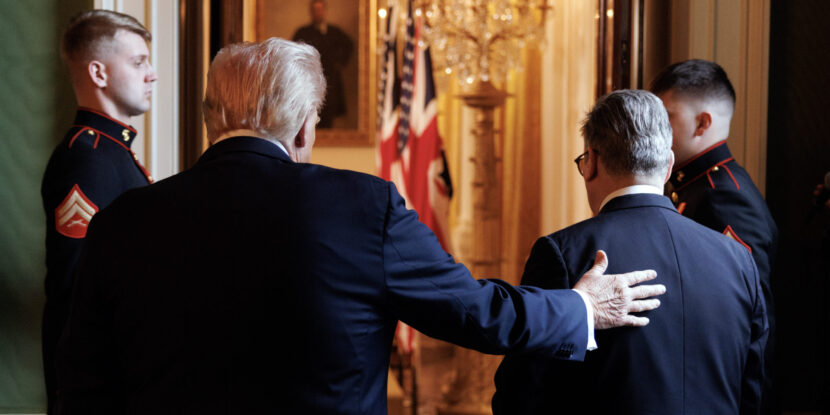PULSE POINTS:
❓What Happened: Republican lawmakers have introduced a bill to eliminate federal income taxes on overtime pay with the aim of fulfilling one of President Donald J. Trump’s key campaign promises.
👥 Who’s Involved: Senators Roger Marshall (R-KS) and Tommy Tuberville (R-AL), President Trump, and Treasury Secretary Scott Bessent.
📍 Where & When: The two Republican lawmakers filed their bill on May 6, 2025; President Trump frequently mentioned the policy while campaigning for the White House in 2024.
💬 Key Quote: “President Trump campaigned and won on a promise to cut taxes for millions of Americans working overtime—and we are delivering on that promise,” said Senator Tommy Tuberville.
⚠️ Impact: The proposal could provide workers an estimated $1.34 trillion in tax relief by 2034.
IN FULL:
Senators Roger Marshall (R-KS) and Tommy Tuberville (R-AL) have introduced the Overtime Wages Tax Relief Act, a new legislative proposal to eliminate federal income taxes on overtime pay. The two lawmakers emphasize that the bill is intended to partially fulfill President Donald J. Trump’s campaign promise to cut overtime, tips, and Social Security income taxes.
“President Trump campaigned and won on a promise to cut taxes for millions of Americans working overtime—and we are delivering on that promise,” Sen. Tuberville said on Tuesday when unveiling the legislation. Meanwhile, Sen. Marshall indicated that the duo hoped to fold their proposal into the larger budget reconciliation bill, enacting a number of President Trump’s policy priorities as it works its way through Congress.
The bill would create a new income tax deduction for overtime wage earners, allowing individuals to deduct up to $10,000 and married couples up to $20,000. Notably, the deduction would phase out for individuals earning above $100,000 and couples earning above $200,000, decreasing by $50 for every $1,000 earned over these thresholds. Additionally, the legislation broadly defines overtime to include numerous professions such as law enforcement, healthcare, and trade workers.
Currently, the Fair Labor Standards Act mandates that employers pay eligible workers “time-and-a-half” for hours worked beyond 40 per week, which is subject to federal income, Social Security, and Medicare taxes. The proposed legislation seeks to change this by offering tax relief to those working overtime.
Already, the plan to eliminate taxes on overtime is receiving bipartisan support, with Teamsters General President Sean O’Brien backing the legislation. “More working people need more money in their pockets—that must be a shared priority across our nation. This bill will help make it happen, especially when more workers are electing for more overtime to ensure they can make ends meet,” O’Brien said, adding: “Workers, union and nonunion alike, should not be taxed for their initiative and extra labor.”
Late last month, President Trump, during a rally in Michigan, doubled down on his plans to reduce taxes for working-class Americans, stating: “In the coming weeks and months, we will pass the largest tax cuts in American history, and that will include no tax on tips, no tax on Social Security, no tax on overtime.”
show less